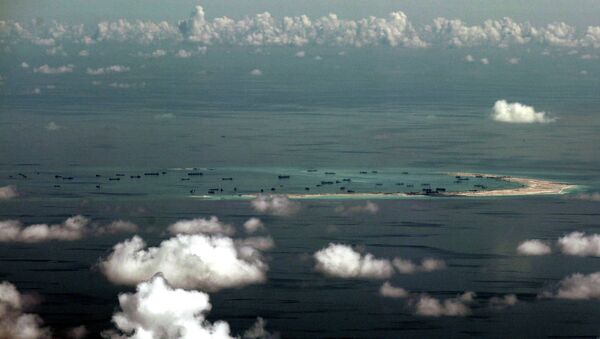The Philippines filed its arbitration case at The Hague in early 2013. China has said on a number of occasions that its position is based on a solid international legal basis and will not change, said Foreign Ministry spokesperson Hua Chunying in a press release, Xinhua news reports.
Philippines requested for an establishment of The South China Sea Arbitral Tribunal which concluded a hearing Jurisdiction and Admissibility on July 13 and has recently released a transcript of the hearing. The tribunal allowed China to present in writing on anything said during this Hearing on Jurisdiction and Admissibility.
In response, China reinstated its position and explained that under the Joint Statement between the People's Republic of China and the Republic of the Philippines concerning Consultations on the South China Sea and on Other Areas of Cooperation, issued on August 10, 1995.
Both sides “agreed to abide by” the principles that “disputes shall be settled in a peaceful and friendly manner through consultations on the basis of equality and mutual respect” (Point 1); that “a gradual and progressive process of cooperation shall be adopted with a view to eventually negotiating a settlement of the bilateral disputes” (Point 3); and that “disputes shall be settled by the countries directly concerned without prejudice to the freedom of navigation in the South China Sea” (Point 8). Over the years that followed, the two countries reaffirmed to solve their disputes through negotiation and consultation in a series of bilateral documents.
The Philippines ignored that the major issue of the South China Sea dispute is related to territorial sovereignty and coincided with maritime rights and interests.
She advised the Philippines to respect China's right, which is supported by international law. She urged the Philippines to return to the track of resolving relevant disputes in the South China Sea through negotiations and consultations.




